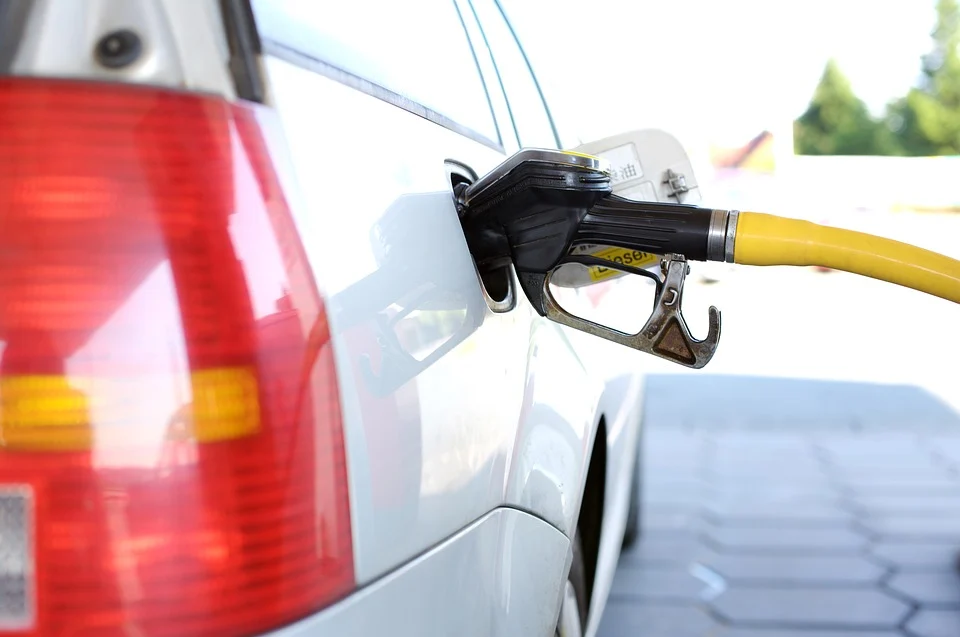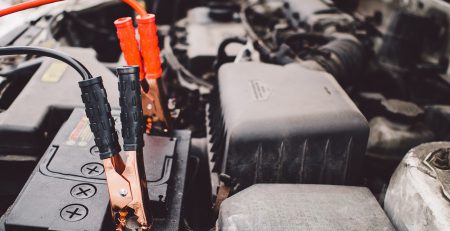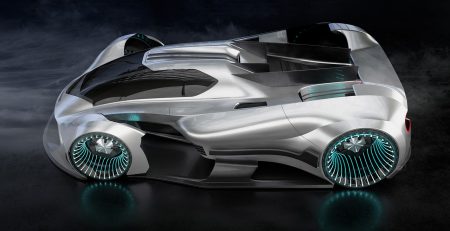If you are old enough to remember the mid to late 1970’s, you’ll no doubt recall the fuel crisis that affected the U.K at the time. In fact, it’s impact on day to day drivers and families reliant on their car to get to work or to the shops (no online shopping in those days!) is said to have inspired the invention and popularity of many small cars and hatchbacks, as they were considered more economical to run than the gas guzzlers overspill from the 1960’s.
More recently, and following the ‘perfect storm’ of Brexit, previous ‘Covid related’ panic buying issues and the introduction by the government of the more ecologically acceptable ‘E10’ fuel, the U.K once again saw in 2021 a return to a mini-fuel crisis, though this one was thankfully more short lived. Whilst the 2021 problem was largely created by hysteria following an announcement in the press by one of the big petrol chains that it may have to temporarily close some garages because of temporary logistical issues in the delivery of fuel, and the panic buying across the country thereafter, there was perhaps some reflection by many as to just how dependent we all are on a ready supply of fuel for our vehicles, plus how important it is, especially with prices hitting an 8 year record at the time, of conserving fuel as much as possible.
The question is…how? The person filling their car to the brim during the latest crisis most likely still drove the same distance in their commute to work, or the shops, as they did pre-crisis. They just bought extra fuel, and earlier than perhaps they normally would for the fear of not being able to obtain any.
There’s a lot we can all do though to help conserve fuel, some are blatently obvious, but others perhaps less so.
For those who use cars or vehicles for their commute, the obvious question is whether there could be alternative ways to travel to and from work. Public transport? Pedal power? Or, how about a car share? With several employees all sharing the same vehicle and contributing equal amounts towards fuel, everybody is a winner, surely?
But the choice of vehicle obviously has a knock on effect of the cost of travel. Do you really need an SUV in the centre of a large city? Is your vehicle well maintained? Our own statistics can demonstrate that vehicles of any age that are not regulary maintained can run less effectively than those that are. As a rule of thumb, the newer the vehicle, the better the general fuel economy, because manufacturers have strict emissions targets to reach nowadays and ECU technology can help deliver fuel to the engine in the most effective way possible, including the stop/start function on many more modern vehicles.
But we can’t write this article without mentioning the ‘E’ word. Electric. How gleeful the electric car drivers must have felt when driving past petrol stations with long snaking queues during the latest crisis, and like it or not, after 2030, if government targets are met, there will be no sale of new petrol or diesel driven cars in the U.K anyway. But, one couldn’t fail to notice that whilst the latest fuel crisis raged, lower down on the tabloids front pages were journalistic pieces around the cost of fuel and utilities generally about to go up significantly. It seems there is no ‘cheap’ fuel any more and of course, the range of an electric car still remains significantly less than that of it’s petrol engine derived cousin, limiting thats vehicles perceived usefulness.
There are things we can do to conserve fuel in other ways; take less journeys, car share, use higher gears whenever possible and cruise at a steady pace rather than stop/start or fast acceleration and then braking. If you drive around with a roof rack or roof box…whip that off, as the aerodynamic ‘drag’ does affect fuel economy. When choosing fuel, you may sometimes find that a good quality fuel with give more miles per tank than a cheaper quality alternative. Worn tyres or tyres that are under inflated? Even mismatched tyres can all reduce fuel economy. Lots of un-necessary weight in the vehicle? That too will drive up (apologies) the cost of motoring.
A lot of fuel is used at the point of starting a vehicle, and many manufacturers recommend NOT letting your car idle on the drive for too long to reach temperature but instead drive at a sensible pace until the vehicle has reached normal operating temperature (check with your own manufacturer re this).
Finally, with 2030 on the horizon, and fossil fuels not likely to get cheaper again, going electric is something we’ll all need to ponder at some point. But do we do it now, or wait for these battery cell powered vehicles to ‘catch up’ and provide a better ‘range’ from smaller batteries and with more (and faster) charging points across the length and breadth of the country?











